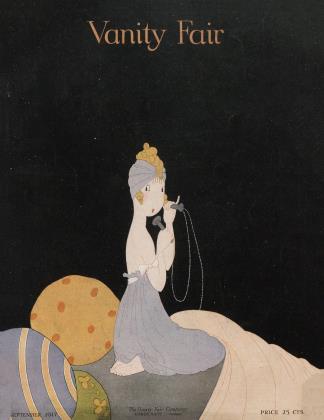Sign In to Your Account
Subscribers have complete access to the archive.
Sign In Not a Subscriber?Join NowA Synopsis of the Lowest Forms of Social Intercourse
September 1917 View Full Issue
View Full Issue






Subscribers have complete access to the archive.
Sign In Not a Subscriber?Join Now